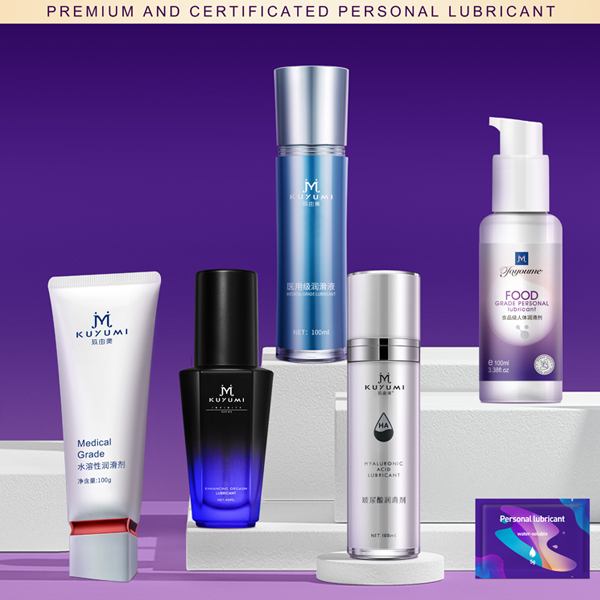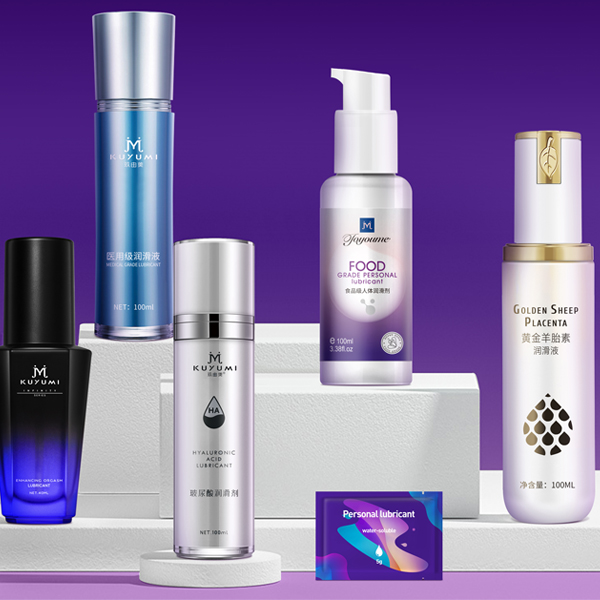Competition in the e-commerce field is becoming increasingly fierce, with consumers being sensitive to prices while also demanding higher product quality. For products like lubricants, how to offer competitive prices while ensuring quality has become a problem that e-commerce brands need to solve.

1. Optimize Supply Chain Management
By optimizing the supply chain and reducing intermediate links, costs can be directly lowered. Establishing long-term relationships with raw material suppliers and achieving bulk purchasing can effectively reduce raw material costs.
2. Improve Production Efficiency
Adopting automated and intelligent production equipment and technologies to improve production efficiency, reduce labor costs, and minimize waste during the production process, thereby lowering per unit cost while ensuring quality.
3. Precise Market Positioning
Identify the target consumer group, understand their needs and preferences, and achieve precise market positioning. Avoid excessive packaging and unnecessary product features, focusing on meeting the core needs of the target consumers.
4. Adopt Direct Sales Model
Selling products directly through e-commerce platforms eliminates multiple links in traditional sales channels, reducing channel costs, allowing consumers to purchase high-quality products at lower prices.

5. Implement Dynamic Pricing Strategies
According to market demand and competition conditions, implement dynamic pricing strategies. Adjust prices timely under the premise of ensuring profits to cope with market changes.
6. Offer Differentiated Products
Develop differentiated products with unique functions or characteristics to meet the needs of different consumers. Differentiated products can create more added value for the brand, thus having greater flexibility in pricing.
7. Build Brand Reputation
Build brand reputation by providing consistent high-quality products and excellent customer service. Good brand reputation can enhance consumers' acceptance of prices.
8. Utilize Data Analysis
Use big data to analyze consumer behavior and market trends, optimize product development and inventory management, reduce inventory backlog and overproduction, and lower costs.
9. Conduct Promotional Activities
Attract consumers to purchase through promotional activities such as limited-time discounts, bundle sales, member discounts, etc. Reasonable promotion strategies can increase sales volume and market share without sacrificing quality.
10. Enhance Customer Experience
Provide high-quality customer experience, including detailed product information, convenient shopping process, fast logistics distribution, and comprehensive after-sales service. Good customer experience can improve consumer satisfaction and loyalty, increasing repurchase rates.
11. Cooperate and Alliance
Establish cooperative relationships with e-commerce platforms or other brands, reduce marketing costs, and increase brand exposure through resource sharing and joint marketing.
12. Continue Innovation
Continuously innovate products and research and development to improve product competitiveness. Innovative products can create higher value for the brand through technological advantages and market novelty.
Through the above strategies, e-commerce brands can offer competitive prices while ensuring the quality of lubricants, achieving both price and quality win-win. In the e-commerce field, this not only attracts and retains consumers but also enhances brand competitiveness, achieving sustainable development.